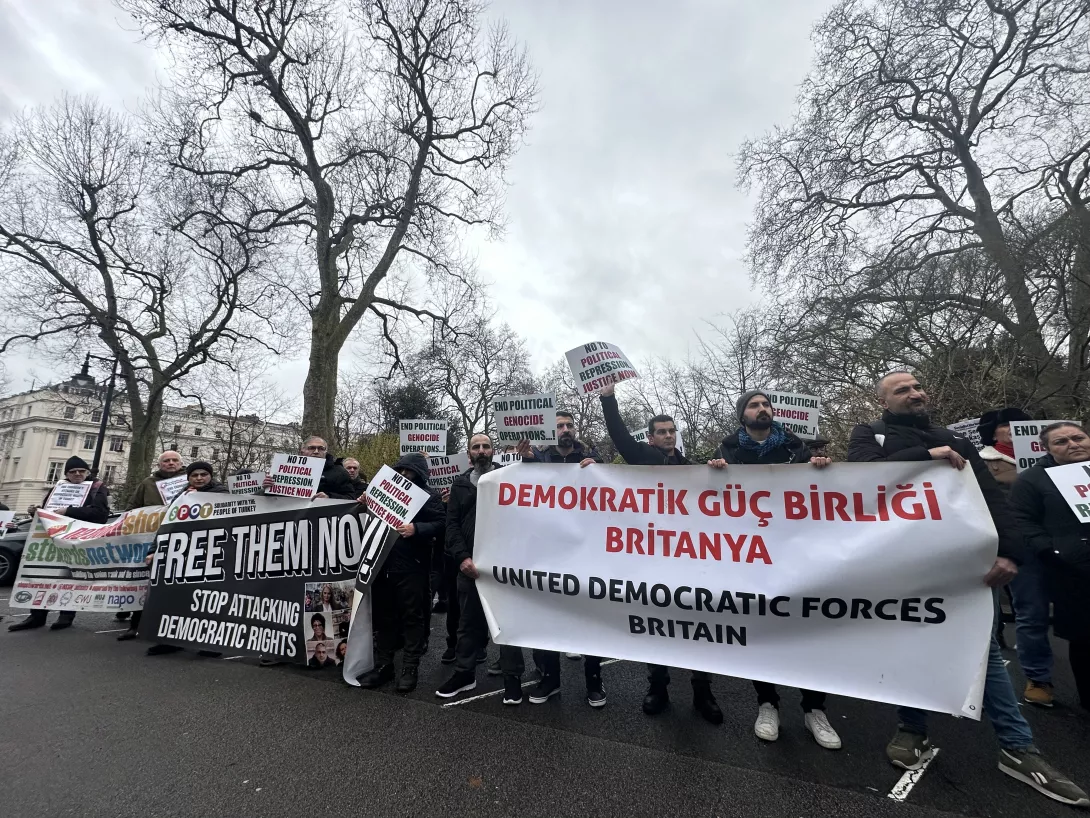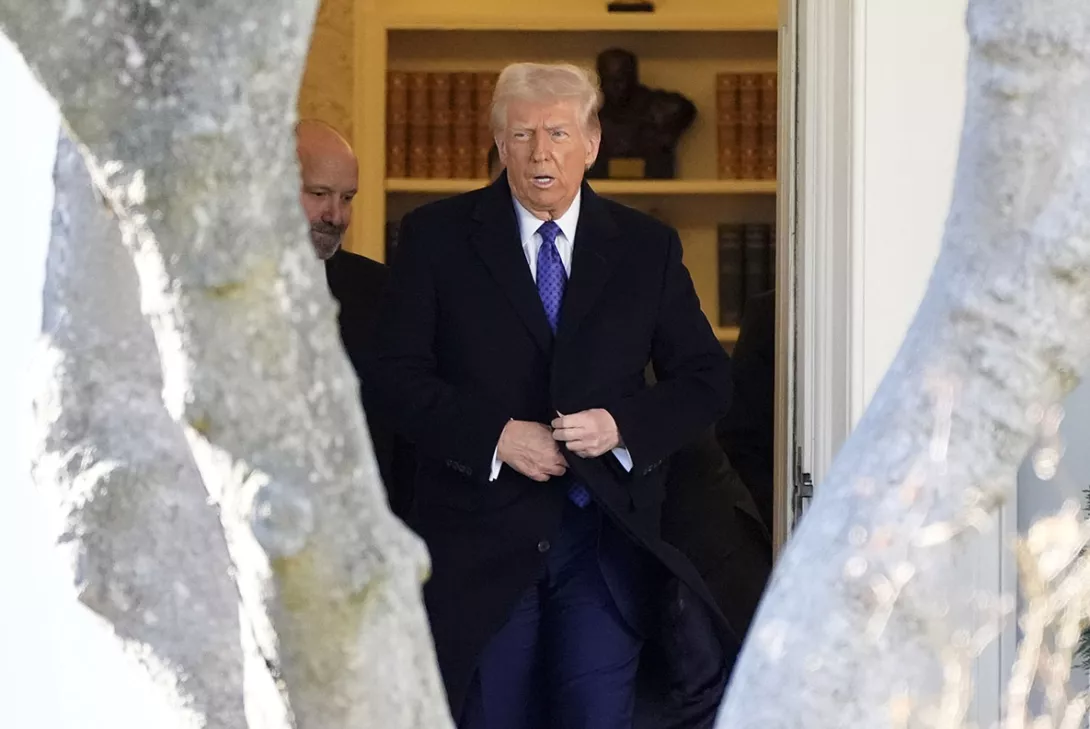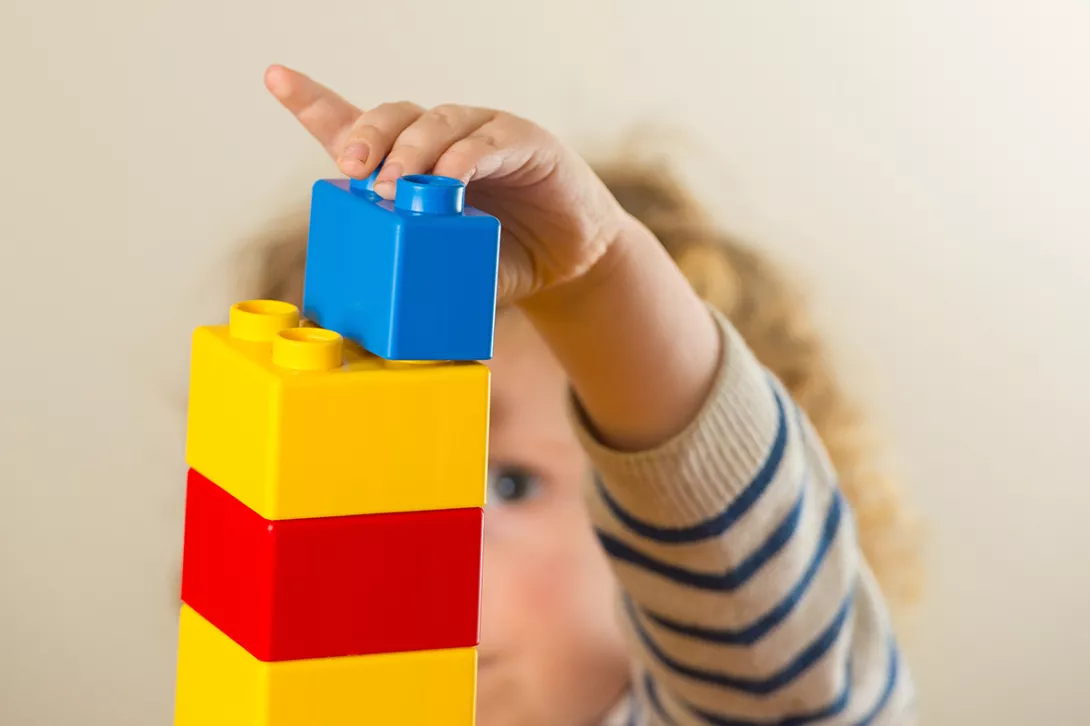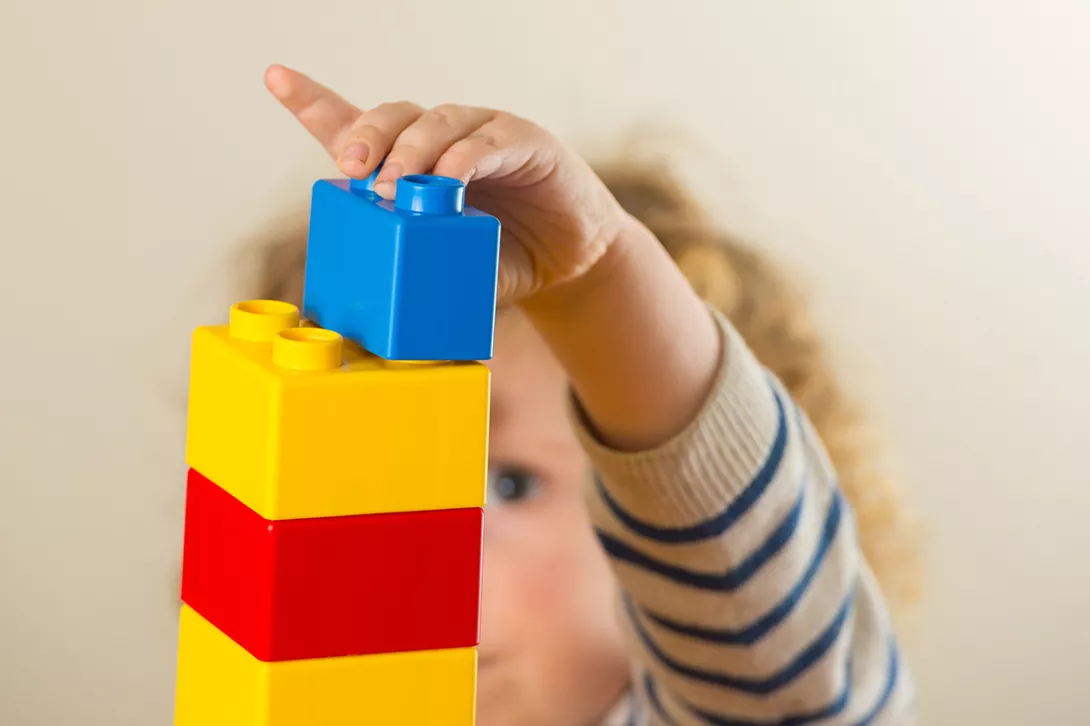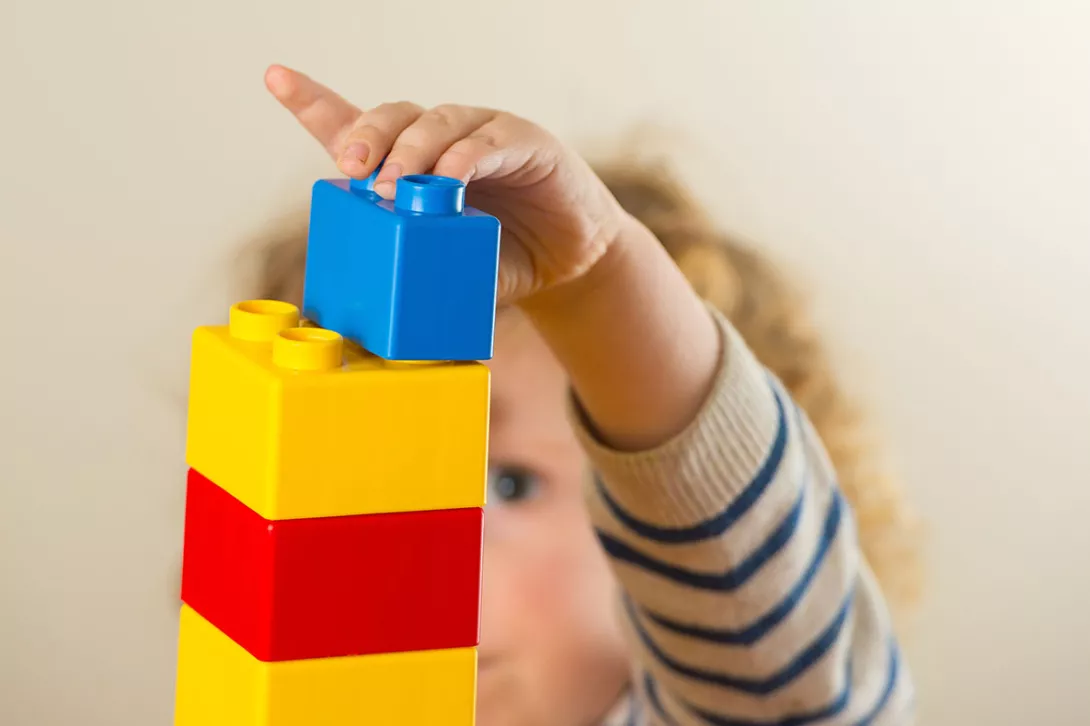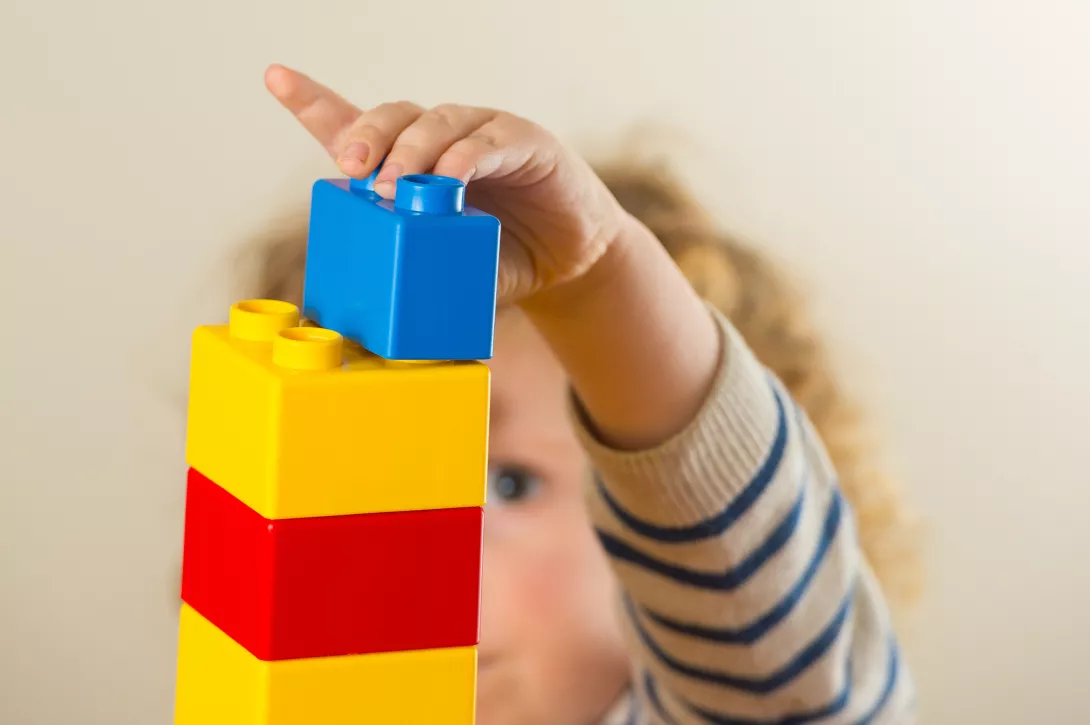Government accused of telling mother she was ‘raped at the wrong time’ under two-child benefit cap
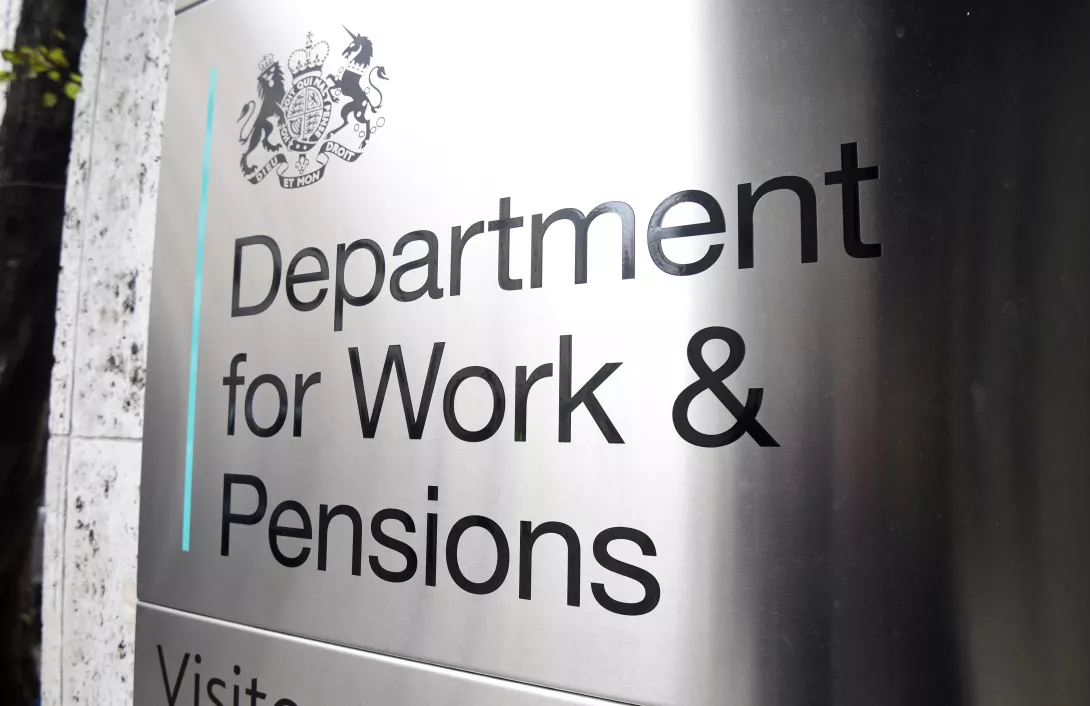
A MOTHER has accused the government of telling her she was “raped at the wrong time” after being given the green light to bring a High Court challenge on the two-child benefit limit policy.
Two women are taking legal action against the Department for Work and Pensions (DWP), arguing the policy breaches their human rights.
Both women, who remain anonymous, became pregnant with two or more children non-consensually in abusive teenage relationships, the Child Poverty Action Group (CPAG) said.
More from this author


